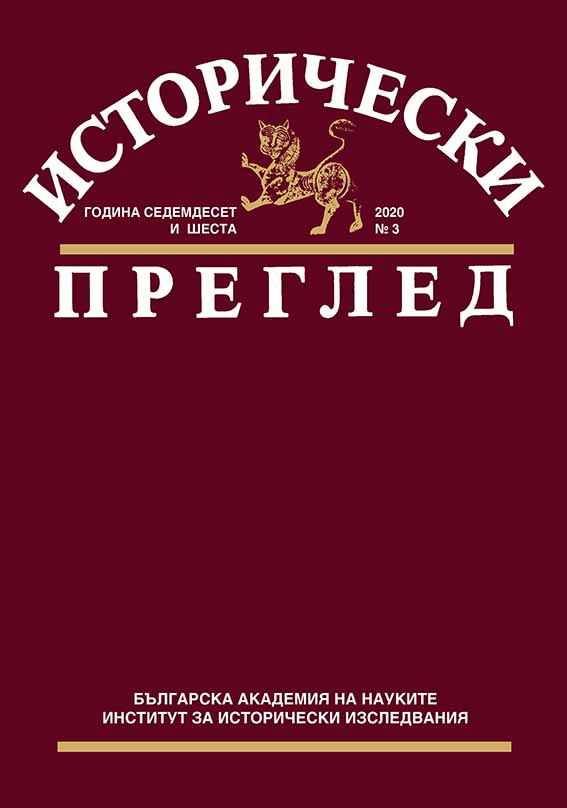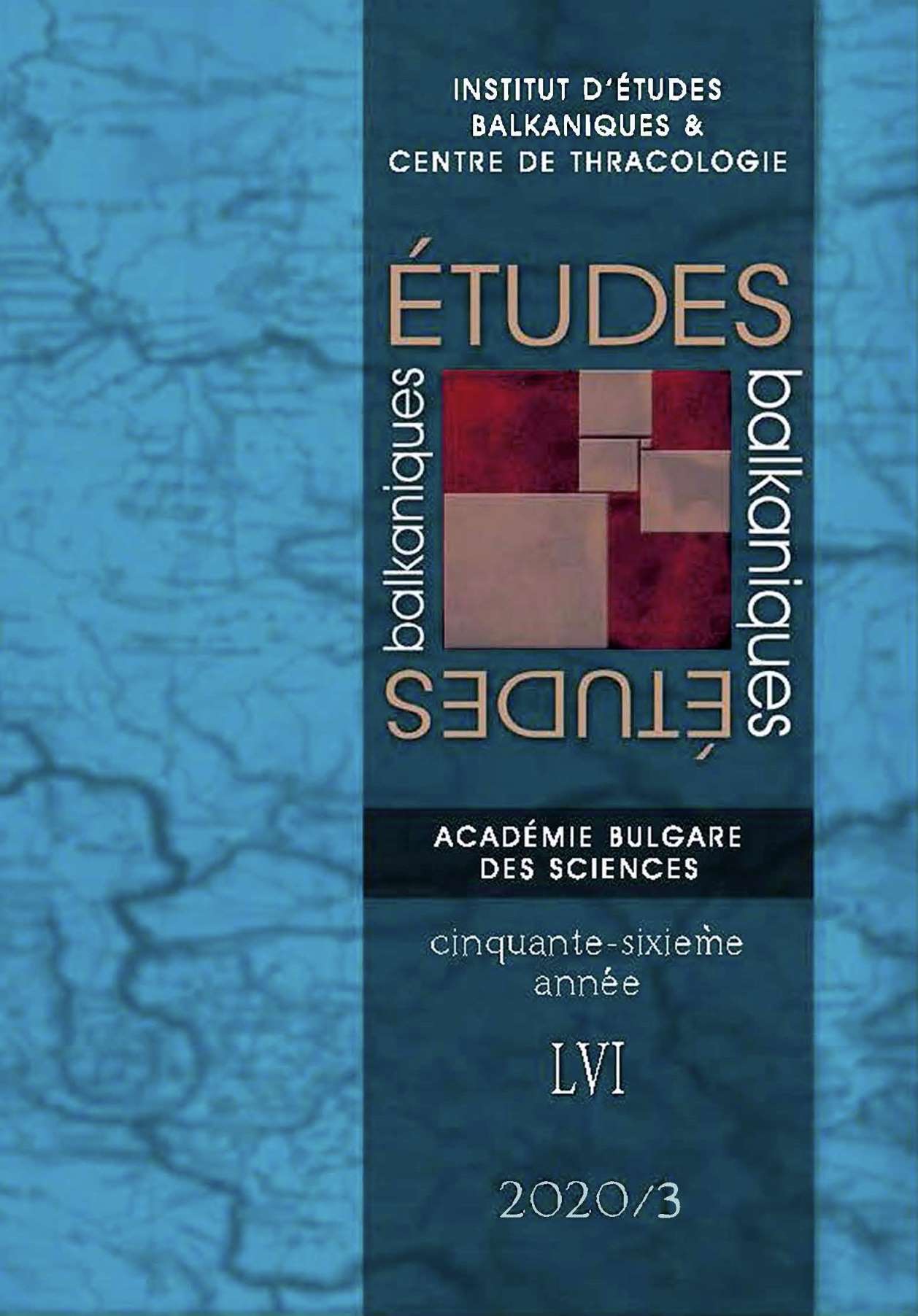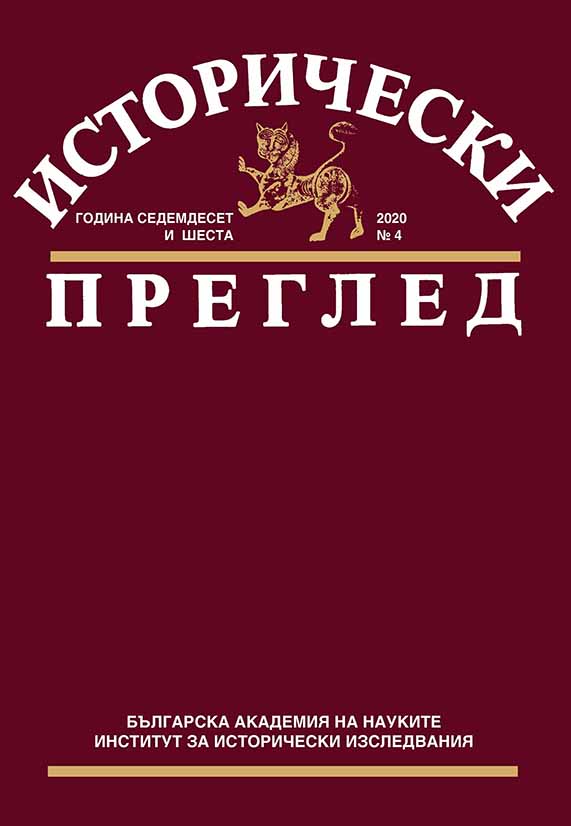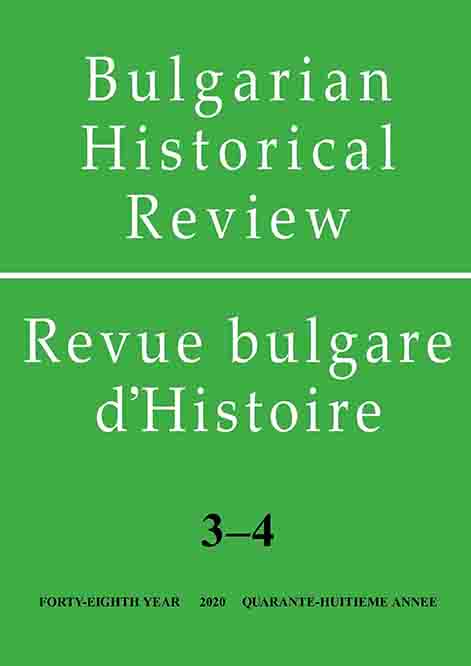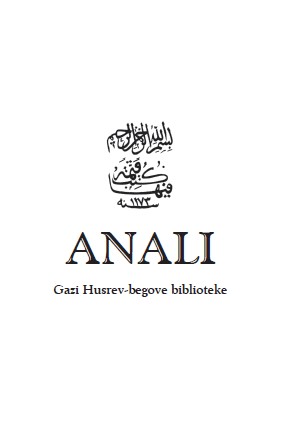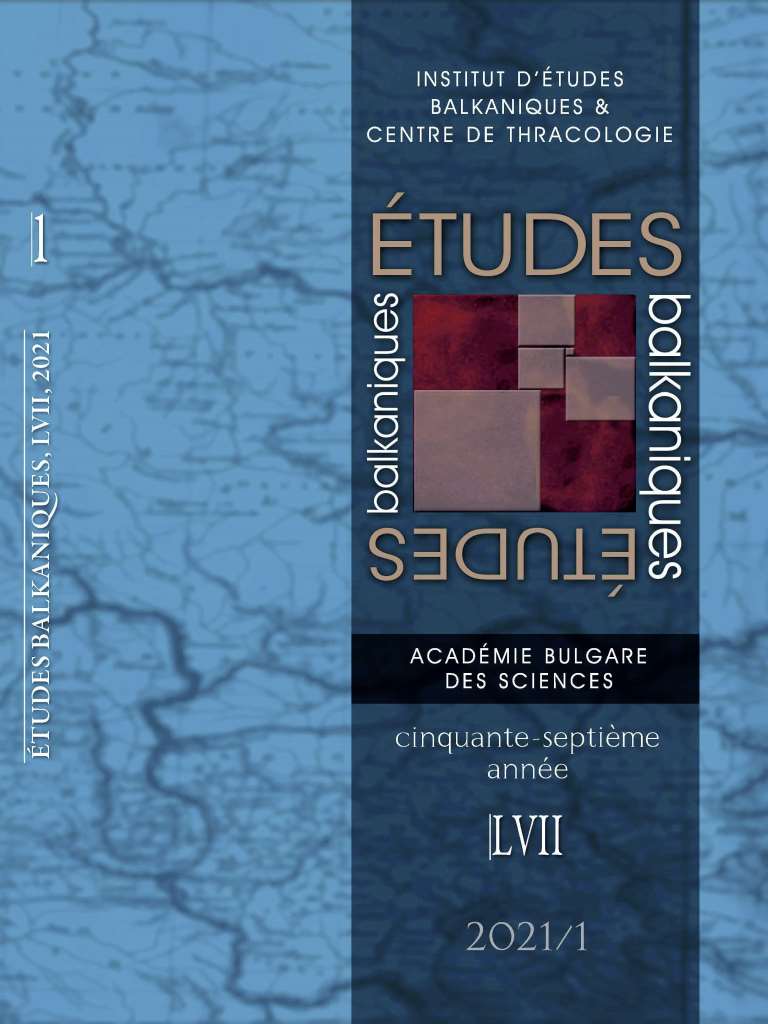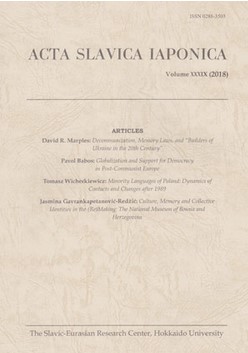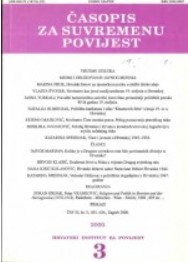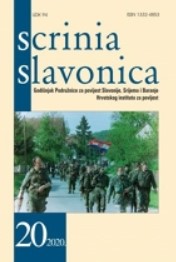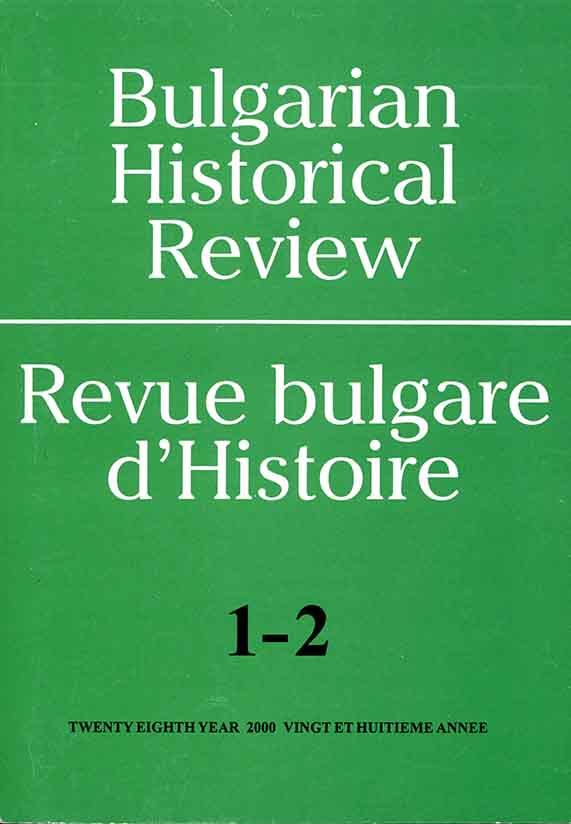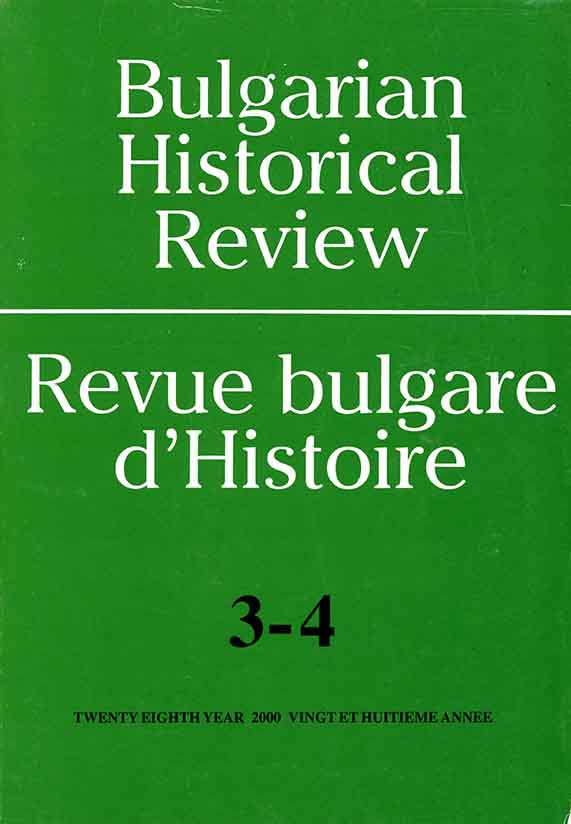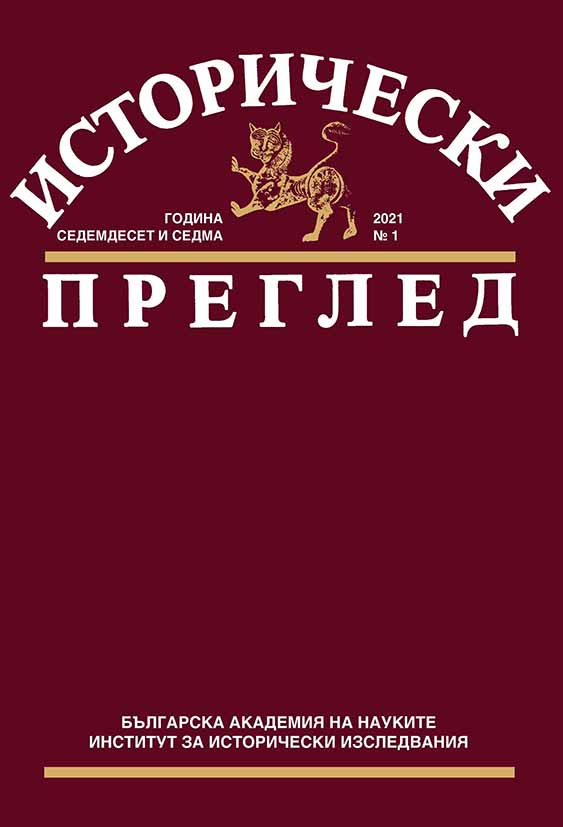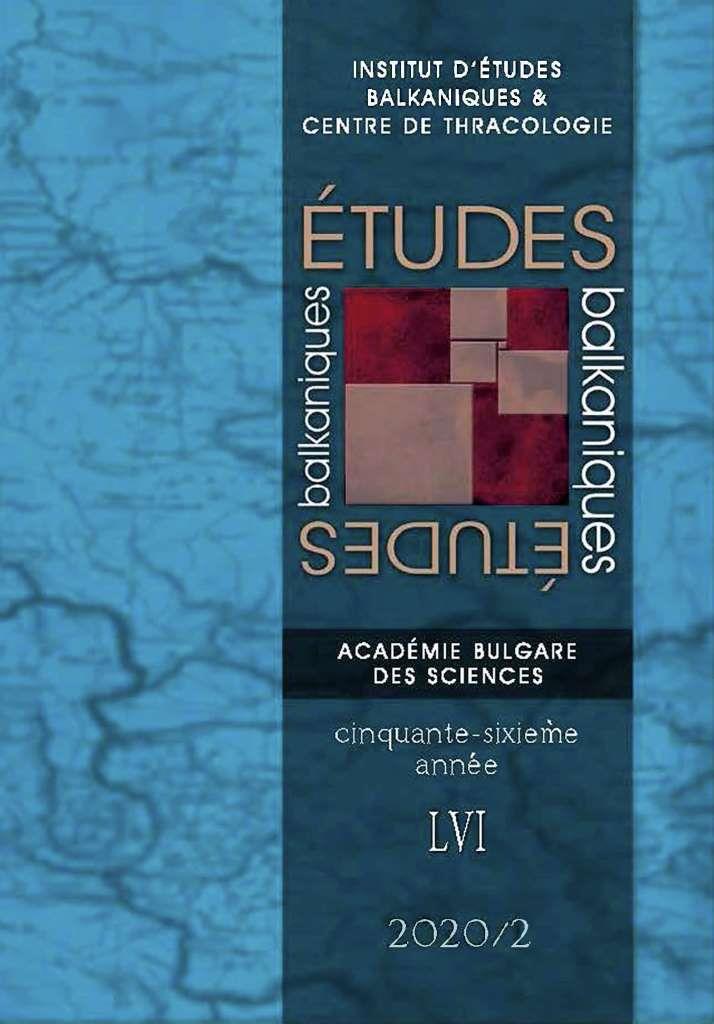
MASTERING OF THE SPACE IN THE HINTERLAND OF THE TOWN OF EDIRNE: CONTINUITY AND CHANGES (14th-16th C.)
This article examines and analyses the degree of succession among the settlements which existed in the pre-Ottoman and the Ottoman period in the northern hinterland of the city of Adrianople /Edirne/ in the period of 14th – 16th century; the changes in their status which occurred after the establishment of the new Ottoman authority and the demographic development changes of the Muslim and non-Muslim population in the settlements. The present survey highlights three settlements – Skutarion, Bukelon and Provaton which in the Middle Ages were part of a group of castles protecting Adrianople from the North. After the conquest of the Balkans and their inclusion into the Ottoman military – administrative system their status changed and the three castles were transformed into centers of administrative units. Our conclusions draw on the achievements of contemporary historiography and on information, found in unpublished Ottoman tax registers from the collections of the Ottoman archives in Istanbul (Başbakanlık Osmanlı Arşivi).
More...
